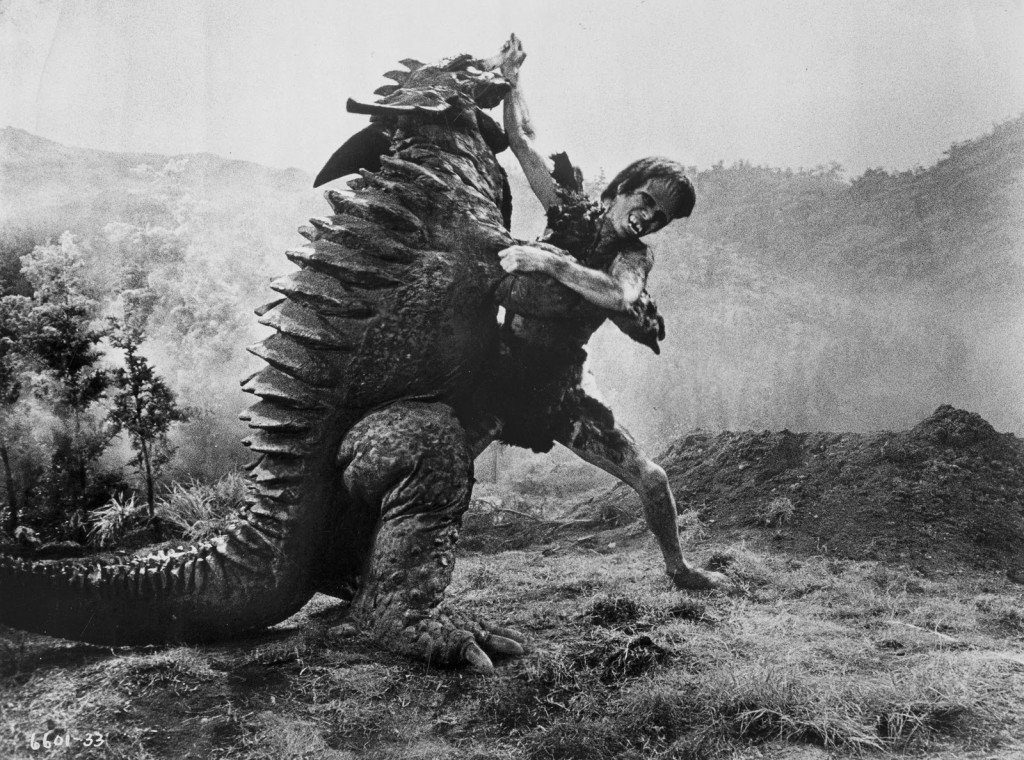At the Chronicle of Higher Education, Marlene Zuk’s article “Misguided Nostalgia for Our Paleo Past” pushes back at the idea that modern life is out of sync with human evolution, something I myself often suspect. An excerpt:
“To think of ourselves as misfits in our own time and of our own making flatly contradicts what we now understand about the way evolution works—namely, that rate matters. That evolution can be fast, slow, or in-between, and understanding what makes the difference is far more enlightening, and exciting, than holding our flabby modern selves up against a vision—accurate or not—of our well-muscled and harmoniously adapted ancestors.
The paleofantasy is a fantasy in part because it supposes that we humans, or at least our protohuman forebears, were at some point perfectly adapted to our environments. We apply this erroneous idea of evolution’s producing the ideal mesh between organism and surroundings to other life forms, too, not just to people. We seem to have a vague idea that long long ago, when organisms were emerging from the primordial slime, they were rough-hewn approximations of their eventual shape, like toys hastily carved from wood, or an artist’s first rendition of a portrait, with holes where the eyes and mouth eventually will be.
Then, the thinking goes, the animals were subject to the forces of nature. Those in the desert got better at resisting the sun, while those in the cold evolved fur or blubber or the ability to use fire. Once those traits had appeared and spread in the population, we had not a kind of sketch, but a fully realized organism, a fait accompli, with all of the lovely details executed, the anatomical t’s crossed and i’s dotted.
But of course that isn’t true.”
Tags: Marlene Zuk

